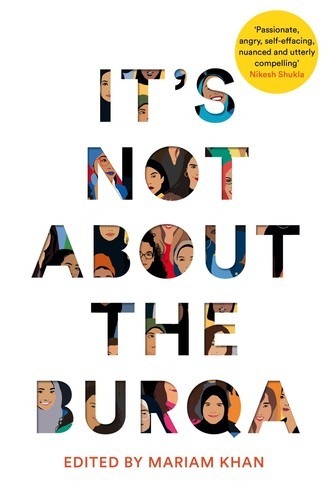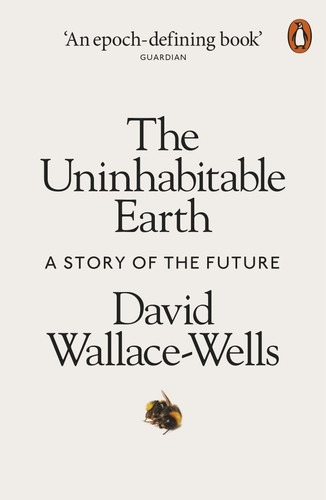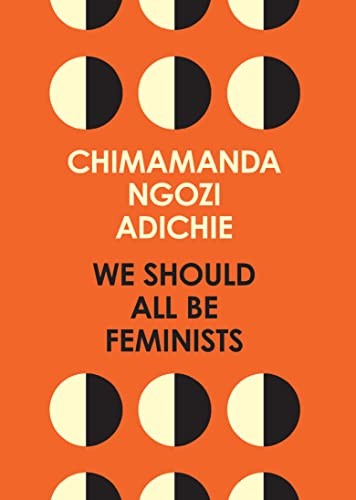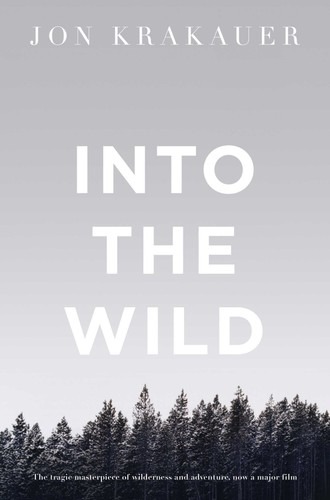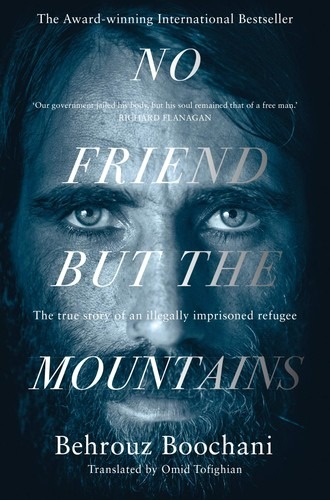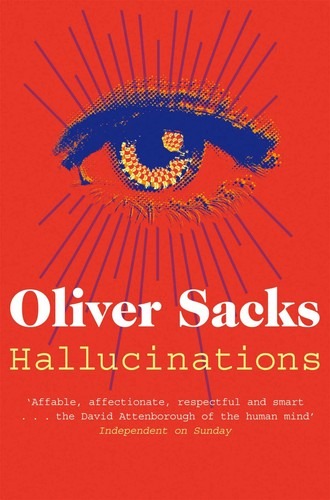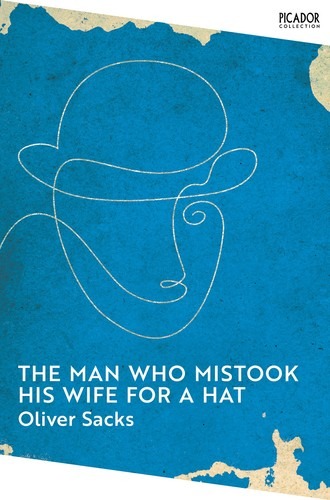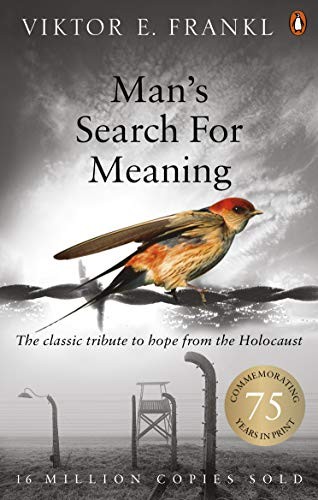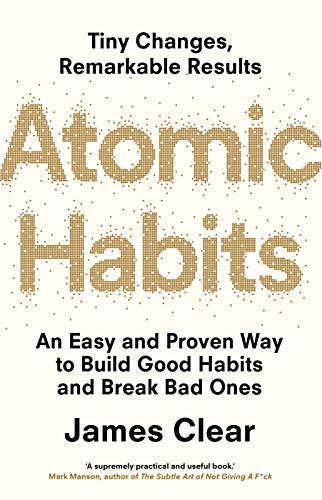It’s Not About the Burqa: Muslim Women on Faith, Feminism, Sexuality and Race
2.300,00 د.ج
It’s Not About the Burqa is an anthology of frank and insightful essays by Muslim women about the contemporary Muslim female experience.
‘Passionate, angry, self-effacing, nuanced and utterly compelling in every single way’ – Nikesh Shukla, editor of The Good Immigrant
When was the last time you heard a Muslim woman speak for herself without a filter?
In 2016, Mariam Khan read that David Cameron had linked the radicalization of Muslim men to the ‘traditional submissiveness’ of Muslim women. Mariam felt pretty sure she didn’t know a single Muslim woman who would describe herself that way. Why was she hearing about Muslim women from people who were neither Muslim, nor female?
Years later the state of the national discourse has deteriorated even further, and Muslim women’s voices are still pushed to the fringes – the figures leading the discussion are white and male.
Taking one of the most politicized and misused words associated with Muslim women and Islamophobia, It’s Not About the Burqa is poised to change all that. Here are voices you won’t see represented in the national news headlines: seventeen Muslim women speaking frankly about the hijab and wavering faith, about love and divorce, about feminism, queer identity, sex, and the twin threats of a disapproving community and a racist country.
With a mix of British and international women writers, from activist Mona Eltahawy’s definition of a revolution to journalist and broadcaster Saima Mir telling the story of her experience of arranged marriage, from author Sufiya Ahmed on her Islamic feminist icon to playwright Afshan D’souza-Lodhi’s moving piece about her relationship with her hijab, these essays are funny, warm, sometimes sad, and often angry, and each of them is a passionate declaration calling time on the oppression, the lazy stereotyping, the misogyny and the Islamophobia.
What does it mean, exactly, to be a Muslim woman in the West today? According to the media, it’s all about the burqa.
Here’s what it’s really about.
Shortlisted for Foyles Non-Fiction Book of the Year
‘Engrossing . . . fascinating . . . courageous’ – Observer
It’s Not About the Burqa is an anthology of frank and insightful essays by Muslim women about the contemporary Muslim female experience.
‘Passionate, angry, self-effacing, nuanced and utterly compelling in every single way’ – Nikesh Shukla, editor of The Good Immigrant
When was the last time you heard a Muslim woman speak for herself without a filter?
In 2016, Mariam Khan read that David Cameron had linked the radicalization of Muslim men to the ‘traditional submissiveness’ of Muslim women. Mariam felt pretty sure she didn’t know a single Muslim woman who would describe herself that way. Why was she hearing about Muslim women from people who were neither Muslim, nor female?
Years later the state of the national discourse has deteriorated even further, and Muslim women’s voices are still pushed to the fringes – the figures leading the discussion are white and male.
Taking one of the most politicized and misused words associated with Muslim women and Islamophobia, It’s Not About the Burqa is poised to change all that. Here are voices you won’t see represented in the national news headlines: seventeen Muslim women speaking frankly about the hijab and wavering faith, about love and divorce, about feminism, queer identity, sex, and the twin threats of a disapproving community and a racist country.
With a mix of British and international women writers, from activist Mona Eltahawy’s definition of a revolution to journalist and broadcaster Saima Mir telling the story of her experience of arranged marriage, from author Sufiya Ahmed on her Islamic feminist icon to playwright Afshan D’souza-Lodhi’s moving piece about her relationship with her hijab, these essays are funny, warm, sometimes sad, and often angry, and each of them is a passionate declaration calling time on the oppression, the lazy stereotyping, the misogyny and the Islamophobia.
What does it mean, exactly, to be a Muslim woman in the West today? According to the media, it’s all about the burqa.
Here’s what it’s really about.
Shortlisted for Foyles Non-Fiction Book of the Year
‘Engrossing . . . fascinating . . . courageous’ – Observer
| Editeur |
|---|
Produits similaires
The Uninhabitable Earth: A Story of the Future
'An epoch-defining book' Matt Haig
'If you read just one work of non-fiction this year, it should probably be this' David Sexton, Evening Standard
It is worse, much worse, than you think.
The slowness of climate change is a fairy tale, perhaps as pernicious as the one that says it isn't happening at all, and if your anxiety about it is dominated by fears of sea-level rise, you are barely scratching the surface of what terrors are possible, even within the lifetime of a teenager today.
Over the past decades, the term "Anthropocene" has climbed into the popular imagination - a name given to the geologic era we live in now, one defined by human intervention in the life of the planet. But however sanguine you might be about the proposition that we have ravaged the natural world, which we surely have, it is another thing entirely to consider the possibility that we have only provoked it, engineering first in ignorance and then in denial a climate system that will now go to war with us for many centuries, perhaps until it destroys us. In the meantime, it will remake us, transforming every aspect of the way we live-the planet no longer nurturing a dream of abundance, but a living nightmare.
We Should All Be Feminists
What does “feminism” mean today? That is the question at the heart of We Should All Be Feminists, a personal, eloquently-argued essay – adapted from her much-viewed Tedx talk of the same name – by Chimamanda Ngozi Adichie, the award-winning author of ‘Americanah’ and ‘Half of a Yellow Sun’. With humour and levity, here Adichie offers readers a unique definition of feminism for the twenty-first century – one rooted in inclusion and awareness. She shines a light not only on blatant discrimination, but also the more insidious, institutional behaviours that marginalise women around the world, in order to help readers of all walks of life better understand the often masked realities of sexual politics. Throughout, she draws extensively on her own experiences – in the U.S., in her native Nigeria – offering an artfully nuanced explanation of why the gender divide is harmful for women and men, alike. Argued in the same observant, witty and clever prose that has made Adichie a best-selling novelist, here is one remarkable author’s exploration of what it means to be a woman today – and an of-the-moment rallying cry for why we should all be feminists.
No Friend but the Mountains: The True Story of an Illegally Imprisoned Refugee
In 2013, Kurdish journalist Behrouz Boochani sought asylum in Australia but was instead illegally imprisoned in the country’s most notorious detention centre on Manus Island. He has been there ever since. This book is the result.
Behrouz Boochani spent nearly five years typing passages of this book one text at a time from a secret mobile phone in prison. Compiled and translated from Farsi, they form an incredible story of how escaping political persecution in Iran, he ended up trapped as a stateless person. This vivid, gripping portrait of his years of incarceration and exile shines devastating light on the fates of so many people as borders close around the world.
No Friend but the Mountains is both a brave act of witness and a moving testament to the humanity of all people, in the most extreme of circumstances.
'A brilliant book. No Friend but the Mountains can rightly take its place on the shelf of world prison literature . . . It is a profound victory for a young poet who showed us all how much words can still matter.' - Richard Flanagan, Booker Prize winning author of The Narrow Road to the Deep North
Hallucinations
The Man Who Mistook His Wife for a Hat
If a man has lost a leg or an eye, he knows he has lost a leg or an eye; but if he has lost a self – himself – he cannot know it, because he is no longer there to know it.
In this extraordinary book, Dr. Oliver Sacks recounts the stories of patients struggling to adapt to often bizarre worlds of neurological disorder. Here are people who can no longer recognize everyday objects or those they love; who are stricken with violent tics or shout involuntary obscenities, and yet are gifted with unusually acute artistic or mathematical talents. If sometimes beyond our surface comprehension, these brilliant tales illuminate what it means to be human.
A provocative exploration of the mysteries of the human mind, The Man Who Mistook His Wife for a Hat is a million-copy bestseller by the twentieth century's greatest neurologist.
Part of the Picador Collection, a series showcasing the best of modern literature.
Man’s Search For Meaning: The classic tribute to hope from the Holocaust
'A book to read, to cherish, to debate, and one that will ultimately keep the memories of the victims alive' John Boyne, author of The Boy in the Striped Pyjamas
A prominent Viennese psychiatrist before the war, Viktor Frankl was uniquely able to observe the way that both he and others in Auschwitz coped (or didn't) with the experience. He noticed that it was the men who comforted others and who gave away their last piece of bread who survived the longest - and who offered proof that everything can be taken away from us except the ability to choose our attitude in any given set of circumstances. The sort of person the concentration camp prisoner became was the result of an inner decision and not of camp influences alone. Frankl came to believe man's deepest desire is to search for meaning and purpose. This outstanding work offers us all a way to transcend suffering and find significance in the art of living.

